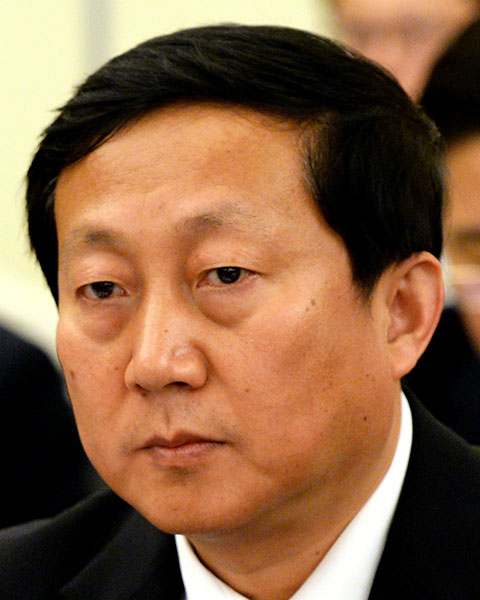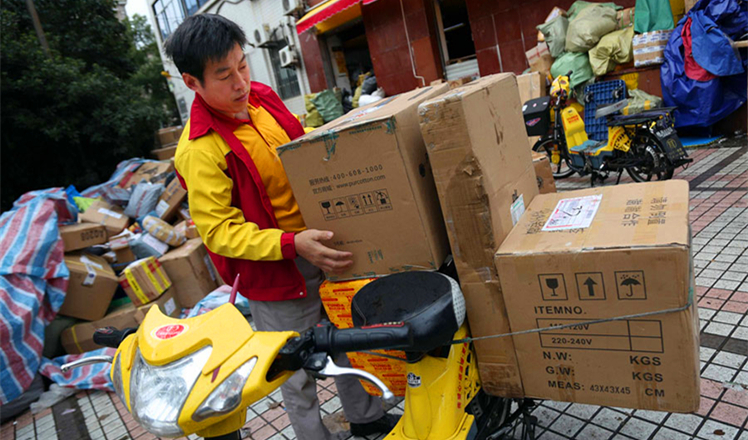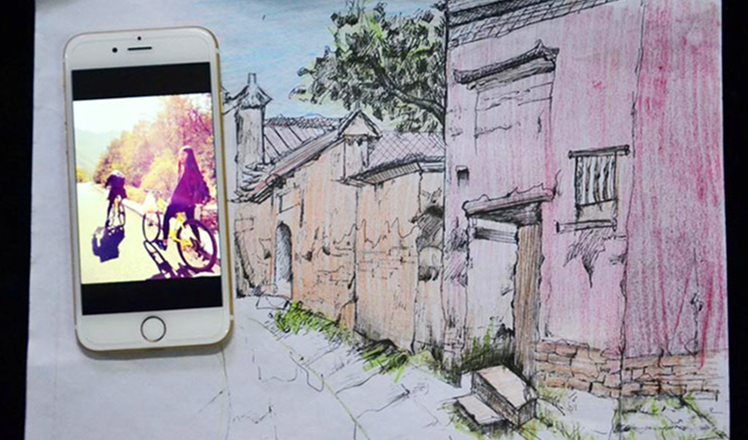Top court official: Judges should take new view of green cases
Updated: 2015-11-30 07:35
By CAO YIN(China Daily)
|
||||||||
 |
|
Wang Xuguang |
Judges must change the way they handle environmental disputes, modernize their skill sets and stop favoring businesses over damaged ecology, according to an official at China's top court.
With environmental disputes increasing rapidly, the need for judges to adapt to revised laws, new case precedents and to understand their role in environmental protection has become more acute, the official said.
Wang Xuguang, deputy chief judge of the Environment and Ecology Tribunal under the Supreme People's Court, said that since last year there have been more than 230,000 environmental cases.
In 2014, all intermediate people's courts in China were told to set up tribunals specializing in environmental disputes.
Chinese courts have also accepted 36 environmental cases in the public interest since Jan 1, when the revised Environmental Protection Law took effect, but only two verdicts have been issued, the top court said.
"Damage evaluation is a big challenge in tackling environmental disputes, as it is a technical process that involves complicated calculations," Wang said.
Assessing the damage and how much money is needed to remedy a situation requires a great deal of time for judges to reach a verdict, according to Wang.
Wang also said the time consuming evaluation process is one reason that only a small number of verdicts have been reached in environmental public interest litigation.
Judges have been told to discuss assessments with authorities, such as forestry and mineral departments, in regions where the damage occurred.
However, difficult damage assessments are not a fundamental obstacle to dealing with environmental disputes, Wang said, adding: "After all, what we do is to judge. When the damage is difficult to account for and the evaluation cost is too great, we must still give a verdict."
A further challenge seen in lower-level courts is the interpretation of laws allowing nongovernmental organizations to file lawsuits against polluters on behalf of the public. Some courts have rejected these cases, while others have accepted them.
In August, for example, an environmental group accused eight chemical plants of polluting the Tengger Desert, but the city court in Zhongwei, Ningxia Hui autonomous region, refused to consider the case. It ruled that the organization did not meet the legal requirements for such an action.
The new law states that an NGO must have been registered for at least five years to sue on behalf of the public.
But in Nanping, Fujian province, a case filed by the Beijing-based group Friends of Nature was accepted by the local court, although the group did not met the registration requirement. The group won the case on Nov 2, with the court ordering the plants to pay 1.27 million yuan ($198,730) toward forest restoration work
"We should allow more NGOs to bring public interest litigation. Protecting the environment is the key, so we must handle such disputes," Wang said.
Gan Daixing, a judge in the Nanping case, said Friends of Nature had not been registered for at least five years, but it had engaged in environmental work for a long time before registering.
"The forest had been damaged and there was an urgent need to restore it. In this case, we gave approval to the NGO because it had been engaged in such work for more than five years," Gan said. "After all, environmental restoration is the priority."
- Britain's Cameron says time to bomb militants in Syria
- Russia accept full suspension from athletics
- Turkish and Russian FMs to meet in Belgrade
- S.Korea, DPRK agree to hold vice ministers' meeting for improved ties
- Avoiding escalation over Russian warplane downing
- Rights panel presses US over scientists' cases

 A day in the life of a deliveryman
A day in the life of a deliveryman
 Orphanage shows love and compassion across borders
Orphanage shows love and compassion across borders
 College student paints creative travelogue
College student paints creative travelogue
 Macy's Thanksgiving Day Parade colors NYC
Macy's Thanksgiving Day Parade colors NYC
 Obama pardons National Thanksgiving Turkey 'Abe'
Obama pardons National Thanksgiving Turkey 'Abe'
 Premier road show: Li takes CEE leaders on high-speed train ride
Premier road show: Li takes CEE leaders on high-speed train ride
 Trending: Love through war and peace
Trending: Love through war and peace
 Miss World 2015 to be crowned in Sanya
Miss World 2015 to be crowned in Sanya
Most Viewed
Editor's Picks

|

|

|

|

|

|
Today's Top News
Chinese president arrives in Turkey for G20 summit
Islamic State claims responsibility for Paris attacks
Obama, Netanyahu at White House seek to mend US-Israel ties
China, not Canada, is top US trade partner
Tu first Chinese to win Nobel Prize in Medicine
Huntsman says Sino-US relationship needs common goals
Xi pledges $2 billion to help developing countries
Young people from US look forward to Xi's state visit: Survey
US Weekly

|

|








